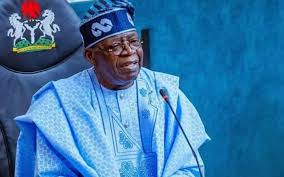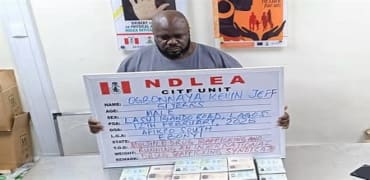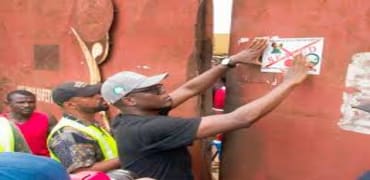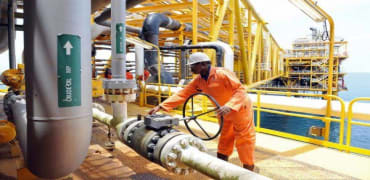Nigeria's Ambassadorial Void: Tinubu Prepares To Appoint Envoys Amid Diplomatic Uncertainty
"Nigeria’s Ambassadorial Void: Tinubu Prepares to Appoint Envoys Amid Diplomatic Uncertainty"
By Achimi Muktar
Fourteen months after recalling 83 ambassadors, Nigeria’s diplomatic missions remain without substantive leadership, prompting growing concern from foreign policy experts, diplomats, and political critics. However, as President Bola Tinubu gears up to name new envoys, the Federal Government has begun deploying consular officers to key missions worldwide in a bid to fill some of the gaps.
A Long Diplomatic Silence
The recall of 83 ambassadors in September 2023 marked a pivotal moment in Tinubu’s administration, with promises of a realignment in Nigeria’s foreign policy. However, the delay in appointing successors has left diplomatic missions in a state of uncertainty.
While the government made interim appointments of 12 consuls-general and five chargés d’affaires in April 2024 to manage day-to-day affairs, these officers lack the authority to engage with heads of state or participate in high-level international negotiations.
A senior official at the Ministry of Foreign Affairs, speaking anonymously, described the situation as troubling.
"There is silence on the issue. Nobody knows what’s going on," the official said.
Challenges Facing Nigerian Missions Abroad
The absence of ambassadors has strained Nigeria’s diplomatic relationships, with concerns that the prolonged delay could be interpreted by international partners as a sign of instability or disinterest in global affairs.
Veteran diplomats have echoed these sentiments. Retired Nigerian Ambassador to Mexico, Ogbole Amedu-Ode, warned that leaving missions without substantive leadership for over a year was highly problematic, especially given the ministry’s financial challenges.
Similarly, former Consul to Cameroon, Amb. Rasheed Akinkuolie, stressed the need for resident ambassadors.
"Chargés d’affaires cannot relate with host governments at the highest level. Their interactions are often limited to foreign ministries," Akinkuolie said.
He proposed funding diplomatic missions through dedicated dollar accounts at the Central Bank of Nigeria to ensure steady financial support.
Political and Public Backlash
Criticism of the prolonged delay has extended to political circles, with opposition parties labeling it a failure of governance.
People’s Democratic Party (PDP) Deputy National Youth Leader, Timothy Osadolor, described the situation as a testament to the government’s ineptitude.
"It’s not about Tinubu anymore or about me criticizing him. It’s about the system his ineffectiveness has created for Nigeria," Osadolor said.
The Labour Party also weighed in, accusing the administration of lacking a clear foreign policy vision. National Publicity Secretary, Obiora Ifoh, highlighted the diplomatic implications.
"A consul or consul-general cannot meet with foreign ministers of any nation. It takes an ambassador to present the position of a country to its host nation," Ifoh stated.
Deployment of Consular Officers
Amid the criticism, the government has started deploying consular officers to various missions, including Spain, Malaysia, and Brazil. These appointments are seen as a stopgap measure ahead of the release of the ambassadorial list.
A senior government official, speaking anonymously, confirmed the deployments.
"They are deploying officers to various missions. Some are already at their posts, while others will assume their roles later this month," the official said.
Calls for Reform
Diplomatic experts and retired ambassadors are urging the government to prioritize reforms in the Ministry of Foreign Affairs. Suggestions include streamlining ambassadorial appointments, ensuring proper funding for missions, and maintaining transparency in foreign policy decisions.
Amb. Rasheed Akinkuolie emphasized the need for a more structured approach.
"The government must prioritize these appointments and ensure our foreign missions are well-funded and staffed. Diplomatic missions should not be left in limbo for so long," he said.
What’s Next?
As President Tinubu prepares to unveil the much-anticipated ambassadorial list, the stakes are high for Nigeria’s diplomatic standing. The administration’s ability to restore leadership to its missions and rebuild confidence among international partners will be crucial in the months ahead.
For now, the deployment of consular officers provides only temporary relief to a broader issue that requires urgent and decisive action.





















